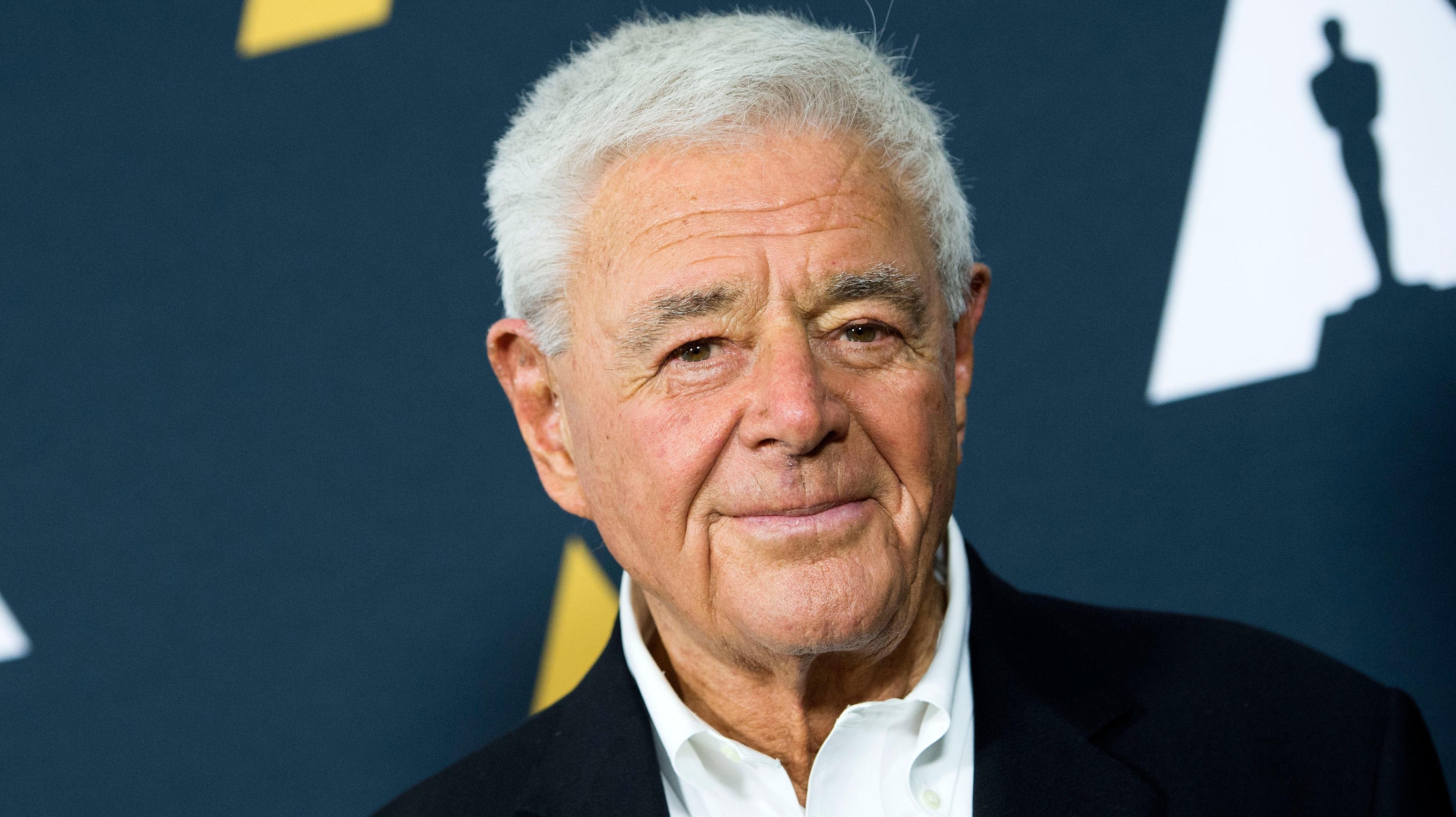R.I.P. Superman and Lethal Weapon director Richard Donner
Richard Donner, who paved the way for superhero movies' mainstream moment with Superman and helmed such hits as Lethal Weapon, The Omen, and The Goonies, was 91

Richard Donner, the director of such blockbusters as Superman, the Lethal Weapon series, and The Omen, has died. Donner’s wife and longtime producing partner, Lauren Shuler Donner, confirmed the news to Deadline. No cause of death has been reported. He was 91.
Once an aspiring actor, Donner earned his first directing credits on a number of primetime series of the 1960s and ’70s: Westerns like The Rifleman and Have Gun—Will Travel; detective dramas Kojak and Cannon; even early installments of both Get Smart and Gilligan’s Island. In his first of six turns in the Twilight Zone director’s chair, Donner oversaw one of the supernatural anthology’s most memorable episodes, pitting William Shatner against a fear of flying and a fearsome gremlin in the Richard Matheson script “Nightmare At 20,000 Feet.” (It was a genre he’d return to later to, producing and directing Tales From The Crypt on HBO.)
The versatility of Donner’s TV résumé would be reflected in his film work, beginning with 1961’s X-15. A dramatization of NASA’s experiments in suborbital flight starring Charles Bronson and Mary Tyler Moore, X-15’s promotions blared that it was “ACTUALLY FILMED IN SPACE!” It would take another 15 years and a similarly bold tagline (“You have been warned”) for the film that would establish Donner’s big-screen foothold: The Omen, with Gregory Peck, Lee Remick, and young Harvey Spencer Stevens as the future Antichrist.
On the heels of The Omen’s box office success, producer Alexander Salkind offered Donner $1 million to direct Superman, the first big-budget, feature-length adaptation of a superhero comic. In a 2016 interview with The Hollywood Reporter, Donner—a childhood fan of the Man Of Steel—recalled being appalled by the screenplay’s first draft. After getting “a little stoned,” pulling on the Superman costume that had been delivered with the script, and summoning writer Tom Mankiewicz (who was taken aback to find his friend wearing Clark Kent’s red cape), Donner made a fateful declaration: “The most important thing when you look at it is this: Make a love story. And prove a man can fly.” With Juilliard-trained newcomer Christopher Reeve in the title role, Margot Kidder opposite him as Lois Lane, and Oscar-winning special effects that made good on that “man can fly” bit, Superman birthed the modern superhero epic. What was then the most expensive film ever made (due in no small part to hefty paydays for Marlon Brando and Gene Hackman) grossed more than $300 million worldwide. Though Donner was hired to shoot Superman and Superman II simultaneously, and had nearly completed both by the fall of 1977, he was ultimately fired from the sequel and replaced by A Hard Day’s Night director Richard Lester. (Donner’s cut of Superman II received a DVD release in 2006.)
After recovering with the Richard Pryor-Jackie Gleason comedy The Toy in 1982, Donner’s career could’ve been further sidetracked by the lackluster box-office performance of 1985’s medieval fantasy Ladyhawke. (Silver lining: It was during the production of Ladyhawke that he and Shuler Donner fell in love.) Fortunately for the director, he had another adventure film set for release two months later: Sleepover fixture The Goonies. From that family-friendly, Steven Spielberg-produced treasure hunt, Donner pivoted to the R-rated buddy-cop action of Lethal Weapon in 1987, the first in a decade-long string of films that paired him with star Mel Gibson. Between that film and its 1989 sequel, Donner gave A Christmas Carol a late-’80s, yuppie spin with Scrooged.
It was during this time that Donner began producing films from other directors (frequently alongside Shuler Donner), including The Lost Boys, the Free Willy movies, and Any Given Sunday. In 2000, Donner helped kick off another evolution in superhero filmmaking as an executive producer on X-Men.